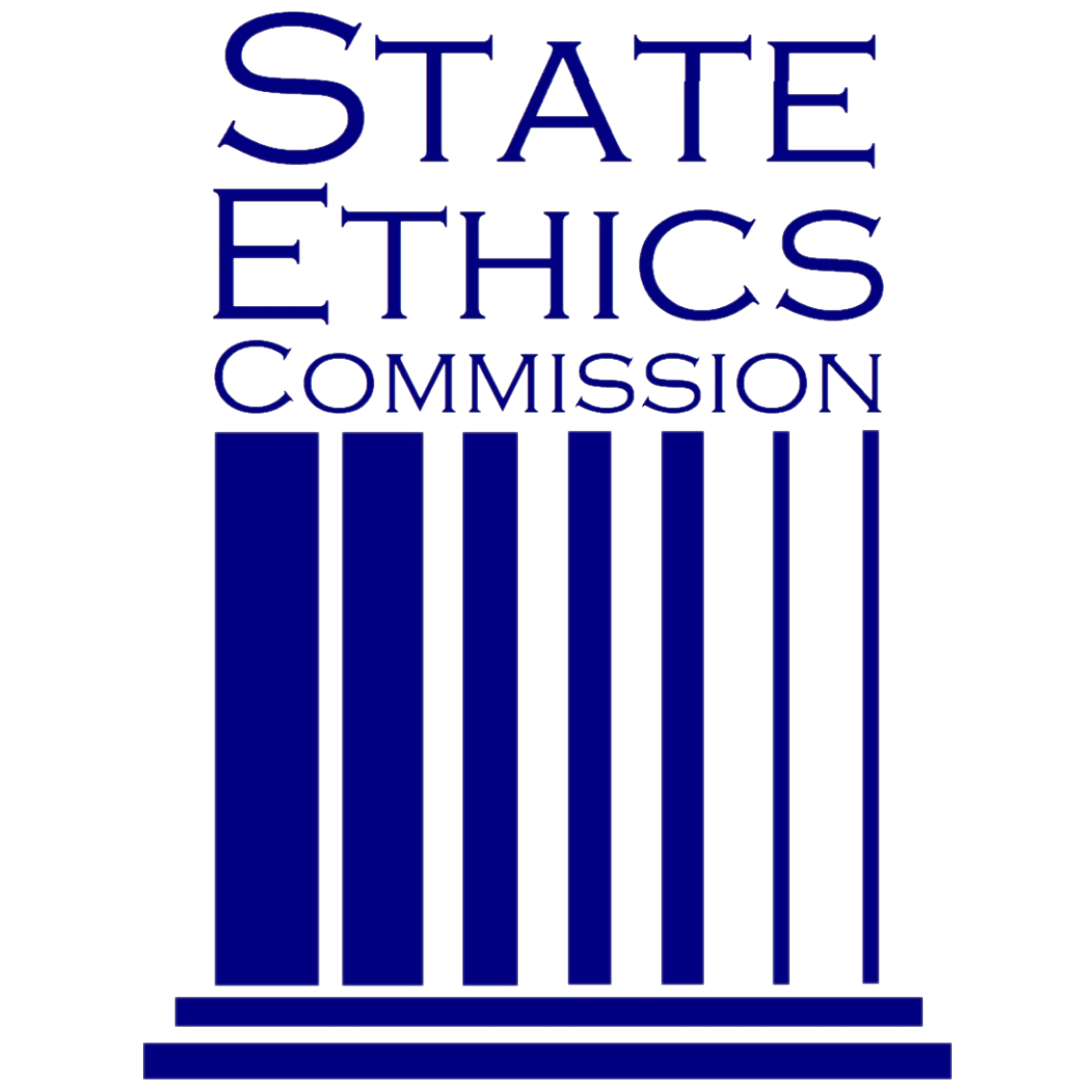- David A. Wilson, Executive Director
Media Contact
Gerry Tuoti, Public Information Officer
Boston, MA — Town of Hubbardston Police Officer Scott Chatigny has admitted he violated the conflict of interest law by submitting fraudulent proposals to the town to steer town construction contracts to his private business, by having a financial interest in the town contracts while employed by the town, and by using his position as a police officer to attempt to obtain a prepayment from the town on one of the contracts. Chatigny paid a $10,000 civil penalty for his violations.
A Hubbardston police officer for approximately 11 years, Chatigny has owned and operated a residential remodeling business, Oakley Construction, since 2007. Prior to that, Chatigny owned a roofing company that was dissolved in 2007.
In May 2016, the Hubbardston Police Chief asked Chatigny for an estimate to install two solid core wood doors at the police station. In response, a proposal of $1,820 was submitted to the town on behalf of Oakley Construction. The town awarded the contract to Oakley Construction in the amount proposed. The contracted work was performed, and Oakley Construction received full payment from the Town.
In November 2016, the Police Chief asked Chatigny for an estimate for replacing a wood door at the police station with a steel door. The Hubbardston Town Administrator asked Chatigny to obtain two additional quotes. In response, a $1,275 proposal was submitted to the town on behalf of Oakley Construction and Chatigny, using a fictitious name, submitted a phony $1,425 proposal purportedly on behalf of his defunct roofing company. Chatigny also provided the town with a third proposal for $1,650 from a company operated by his friend. The town awarded the contract to Oakley Construction in the amount of $1,275. The contracted work was performed, and Oakley Construction received full payment from the town.
In or about December 2016, the Town Administrator asked Chatigny to obtain three bids to repair the roof on the Slade Building, a town office building. In response, a $8,690 proposal was submitted to the town on behalf of Oakley Construction and Chatigny, again using a fictitious name, submitted a phony $11,221 proposal purportedly on behalf of his defunct roofing company. The town accepted Oakley Construction’s $8,690 proposal.
After the town accepted Oakley Construction’s proposal for the Slade Building roof repair, Chatigny sought a meeting with the Town Accountant in a conference room at the police station. At the meeting, Chatigny, who was on duty and in uniform, sought a pre-payment of $4,345. The Town Accountant refused, citing state law. The roofing contract was canceled by the Town Administrator before any work was performed and the town did not make any payment to Oakley Construction under the contract.
By doing business with Town of Hubbardston through his company Oakley Construction while he was employed as a Hubbardston police officer, Chatigny violated the conflict of interest law’s prohibition against a municipal employee having a financial interest in a contract with the same municipality.
In addition, by submitting false high bids in order to drive the contracts to Oakley Construction, Chatigny violated the conflict of interest law’s prohibition against municipal employees presenting false or fraudulent claims to their municipal employer for any payment or other valuable benefit. Chatigny’s deception eliminated competition for the town contracts and defeated the town’s purpose in seeking multiple quotes.
The conflict of interest law also prohibits public employees from using their official positions for private gain. Chatigny violated this prohibition when he used his position as a police officer to attempt to obtain the $4,345 prepayment on the Slade Building roofing contract by meeting with the Town Accountant in the police station conference room while he was on duty and in uniform.
The State Ethics Commission is charged with civilly enforcing the conflict of interest law, G.L. c. 268A. When three or more of the Commission’s five members vote to find reasonable cause to believe a public employee has violated the law, they can authorize adjudicatory proceedings to determine whether the violation occurred. The public employee then has the opportunity to enter into a public Disposition Agreement rather than exercise his or her right to a hearing.
The Commission encourages public employees to contact the Commission’s Legal Division at 617-371-9500 for free advice if they have any questions regarding how the conflict of interest law may apply to them.
###
